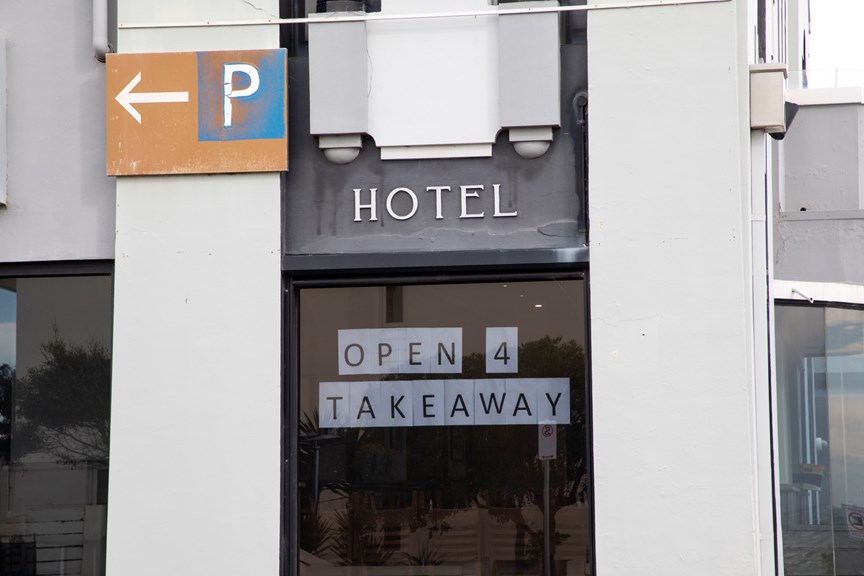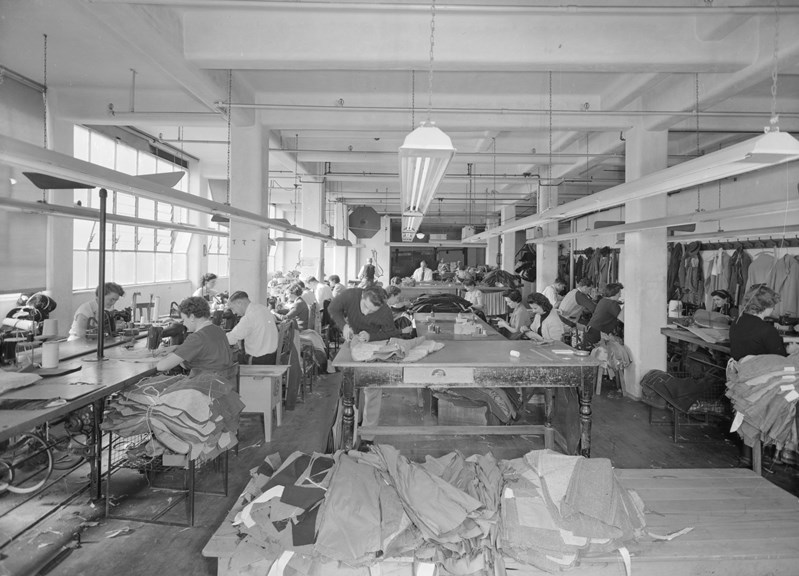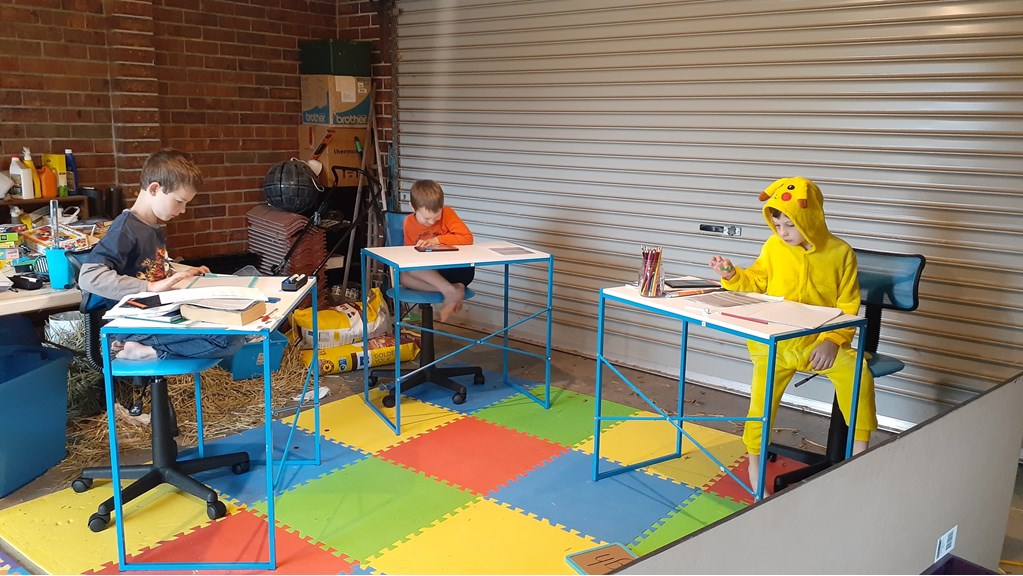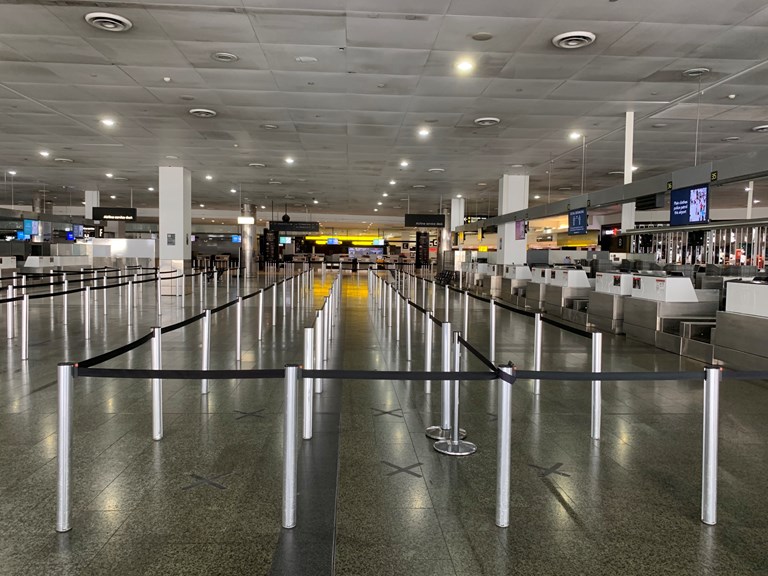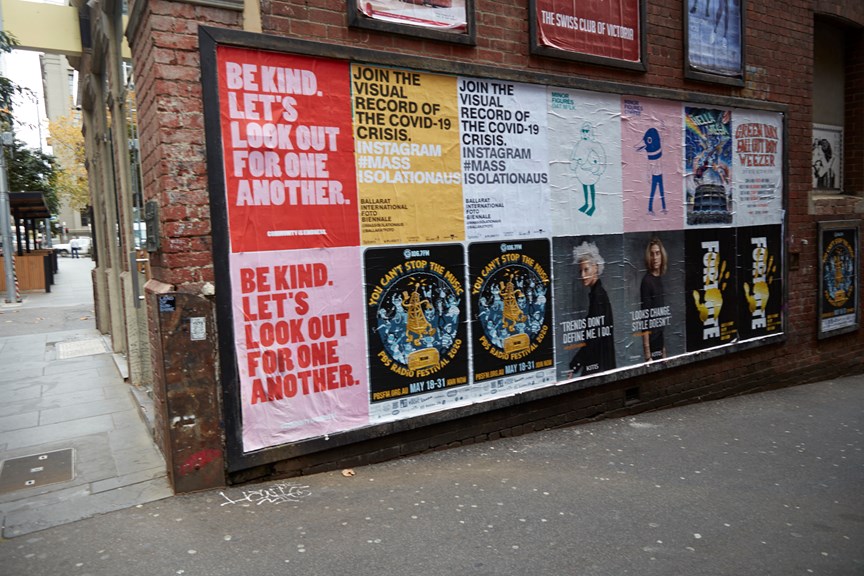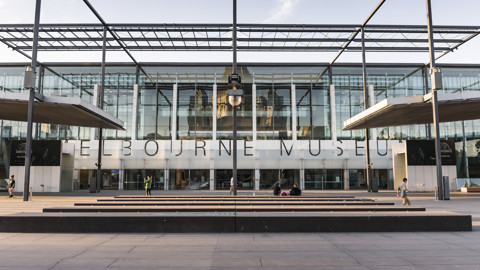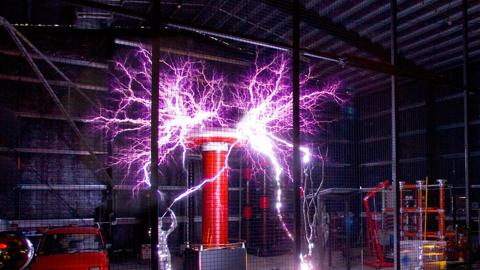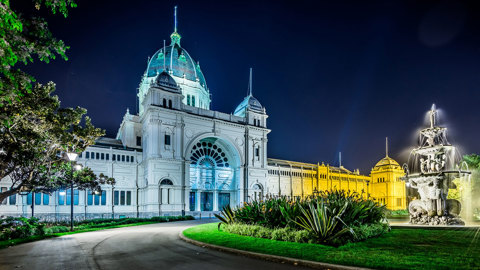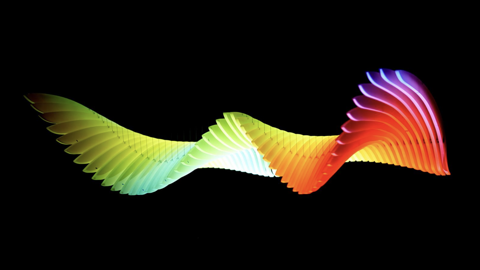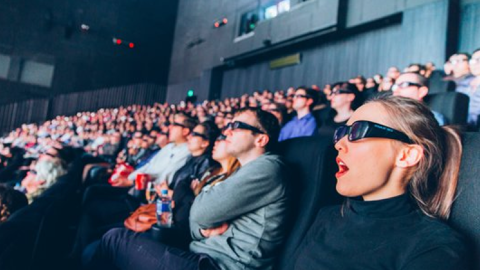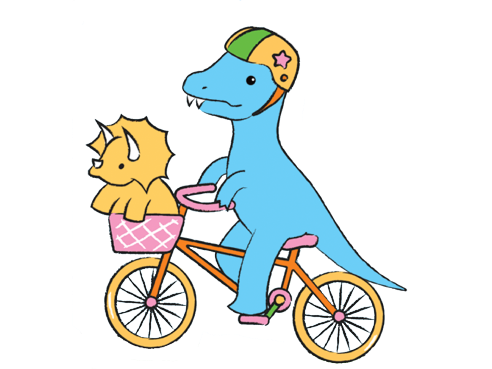Adapting the curve
Social and economic change
Victoria’s COVID-19 lockdown brings widespread social and economic impacts, from less traffic to mass closures of businesses. People across the state have rapidly transitioned to working and learning remotely as restrictions and social distancing jump-start a digital revolution. For others, those same restrictions have brought forced closures and widespread unemployment, particularly in the travel, hospitality and entertainment industries. Normally an event city, almost everything in Melbourne from Formula 1 to the Comedy Festival has been cancelled or postponed. However some businesses have been able to adapt quickly to meet new demands, switching from making coffee to hand sanitiser or from theatre sets to desks.
Manufacturing adapts
Our large and small manufacturing workplaces are changing swiftly.
Workers have pivoted and aligned their strengths to meet our most urgent needs —the critical products used by our frontline workers every day. All around Victoria, manufacturers are collaborating and using their expertise and networks to support Victorian communities, and others near and far.
Victoria has a strong, advanced manufacturing and research culture that is responsive, innovative and connected. Some companies were already making essential goods and have ramped up production. Some have adapted their facilities, production lines, and distribution networks to supply key equipment and components to others; for example, rapid and collaborative design of complex machinery to make medical masks or ventilators. Some are making new products or adapting their existing products to suit new ways of living in these times, such as distilleries making alcohol for sanitiser. Products that usually take months to design, test and build are now made at an accelerated rate and increased scale.
Workplaces are adapting their focus for this moment and for life beyond this pandemic.
COVID-19 drives digital revolution: working and learning remotely
Who led the digital transformation of your company?
A) CEO
B) CFO
C) COVID-19?
For Victorian students the correct answer is C) COVID-19.
Term 2 saw Prep to Year 12 students, from Mildura to Mallacoota, learning remotely. Even those unable to learn at home have followed the same remote learning programs at school. Teachers, parents and students have found positives and negatives in the experience, which is set to end on 9 June when school returns to normal for the last few weeks of term.
For many parents, the biggest challenge has been supporting their children while managing their own Zoom calls, emails and deadlines. As workers and organisations across Victoria heed the message to ‘work from home if you can’. This digital revolution has introduced many of us to new technologies and new technical difficulties. For some the upside has been finding more time for family or exercise and the end of the peak hour commute.
Only time will tell how long the impacts of the COVID-19 digital revolution will last.
Empty spaces: closures and unemployment
We all have spaces and places away from home that enrich our lives. Everyday spaces like the market, cinema or our favourite cafe, cultural spaces such as museums, galleries, libraries, theatres and even the football, and spaces that are gateways to other places like airports, railway stations and National Parks. In March COVID-19 temporarily shut down our towns, cities, state and country. Strict stage 3 lockdown laws limited our ability to engage with these places. These restrictions were necessary to flatten the curve, but they have brought about widespread unemployment across the economy. Adapting to this new environment has been almost impossible for some industries, yet others have found opportunity in adversity such as cafes shifting to precooked take home meals and museums and galleries offering virtual tours of their exhibitions.
These empty spaces have unexpected positive impacts, too: traffic is reduced, across the globe we’re seeing clear skies in cities normally blanketed by pollution, and animals are returning to our urban areas.
2020 is cancelled: cancelled events
Almost immediately, the implementation of social distancing cancelled a large number of events across Victoria. From big internationally known gatherings, such as the Australian Grand Prix, the AFL season and the Melbourne Comedy Festival, to local agricultural shows, sports carnivals and amateur theatre productions, the house lights dimmed and the closed signs went up on venues across the state.
It wasn’t just the organisations that were affected; thousands of people rely on these events for their livelihoods. Some organisations adapted to present performances and exhibitions online. But many others had to postpone or cancel their events, relying on financial assistance to survive.
The rest of us had to make the best of these times and find new ways to be entertained within our confinement, while counting the days until we could be back among the action.
